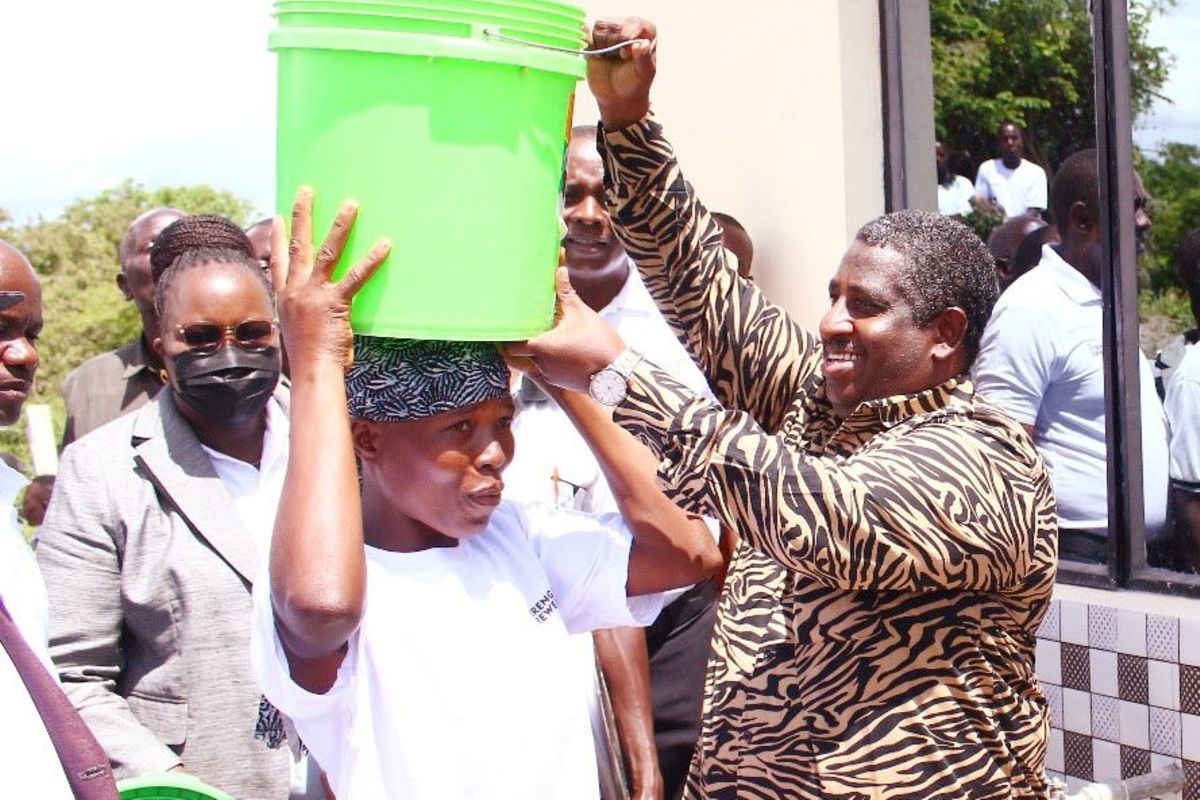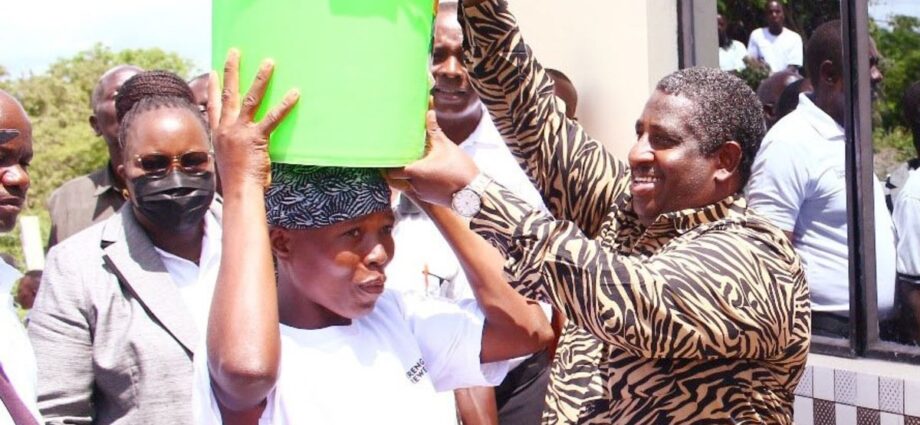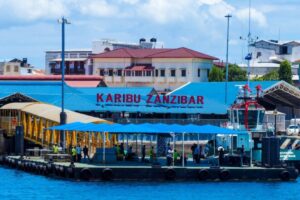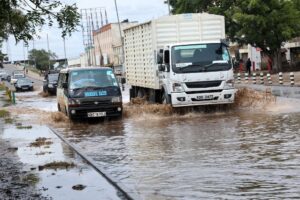
By John Wanyacha
Access to clean and safe water is more than a basic human need; it is a powerful driver of health, economic productivity, and social inclusion. In rural Tanzania, where 40 percent of the population still lacks access to safe water, millions struggle with contaminated sources, scarce availability, and seasonal droughts. These challenges hold back their ability to thrive. Recognising this, Serengeti Breweries Limited (SBL) launched the Water for Life initiative, which aims to meet immediate needs while advancing health, education, and economic development. By aligning these efforts with national goals, the initiative is significantly contributing to Tanzania’s sustainable development.
The company has implemented sustainable water projects in communities like Basuto ward in Manyara and Kabila ward in Mwanza, transforming the lives of thousands. In Basuto, where Lake Basuto is heavily contaminated with fluoride, the installation of the Nalgonda Water Treatment Plant now serves over 4,000 people across nearby villages with safe, fluoride-free water.
For many women and young girls, who previously spent hours walking to distant water sources, this project has brought crucial relief. They now have the opportunity to focus on education, personal development, and income-generating activities.
In Kabila ward, a water system with 13 access points has benefited 12,000 residents. Women and girls in this community can now access water near their homes, freeing time and energy to pursue other goals, whether educational or economic. This shift has created ripple effects of empowerment and opportunity, enabling girls to attend school consistently. For context, a 2015 UNICEF report revealed that women and girls in Sub-Saharan Africa spent an estimated 40 billion hours annually collecting water—equivalent to a year’s worth of work for an entire workforce in some developed countries.
Beyond Mwanza and Manyara, the water initiative has expanded to regions such as Iringa, Kilimanjaro, Tanga, Ruvuma, Dar es Salaam, Pwani, and Dodoma. These projects have provided clean and safe water to over one million Tanzanians, creating transformative impacts on health, education, and economic well-being.
A lack of clean water leaves communities vulnerable to waterborne diseases like cholera, typhoid, and diarrhoea, which kill approximately 842,000 people globally each year. The initiative addresses this directly by ensuring access to treated water, significantly reducing the incidence of such diseases. Families now benefit from lower medical costs, and children grow up healthier and more resilient.
The impact of these efforts on education is profound, especially for girls. In many rural areas, girls often miss school to collect water, losing critical classroom time. Studies indicate that even a 15-minute reduction in water collection time can increase school attendance among girls by 12 percent. Accessible water ensures that girls remain in school, participate in extracurricular activities, and focus on their studies. Education strengthens their ability to contribute meaningfully to society, creating a ripple effect that benefits entire communities.
The water initiatives also empower women economically. With less time required for water collection, many can now pursue income-generating activities, from small businesses to agricultural ventures. Economic empowerment enhances their voice within families and communities, fostering a more inclusive and balanced society. These projects enable women and girls to explore new possibilities, enriching not only their lives but also strengthening the community as a whole.
With clean water access already transforming the lives of tens of thousands, these efforts are laying a strong foundation for sustainable development across Tanzania. Projects like those in Basuto and Kabila highlight the transformative power of private sector initiatives in driving inclusive growth and resilience.
Inclusivity is not merely a buzzword for this initiative—it’s a guiding principle. By addressing the unique challenges faced by rural and marginalised groups, the program contributes to equity and highlights how corporate action can drive meaningful development. When communities are equipped with resources like clean water, they are better positioned to thrive, contribute to Tanzania’s economy, and build resilient, inclusive societies.
As the nation works toward its development goals, the Water for Life initiative sets a benchmark for corporate social responsibility. It exemplifies how companies can go beyond profit-making to create a lasting impact in the communities they serve. Clean water access not only enhances the quality of life for today’s Tanzanians but also establishes a foundation for future generations to grow up healthier, more educated, and empowered.
By investing in clean water, communities are being empowered with opportunities for a better future. This initiative stands as a testament to how sustainable corporate responsibility can help bridge development gaps, one community at a time.
John Wanyacha is the Corporate Relations Director at Serengeti Breweries Limited (SBL)













